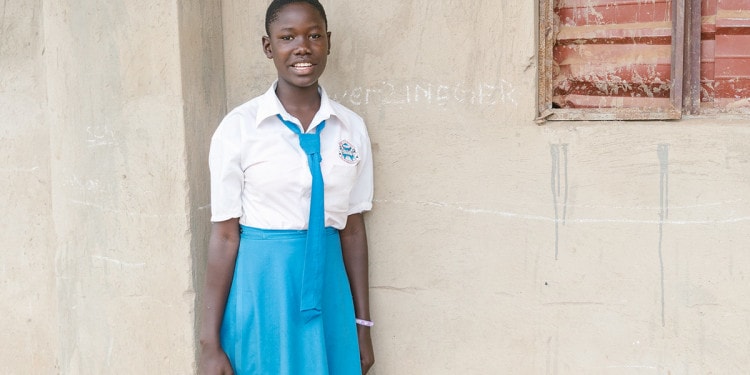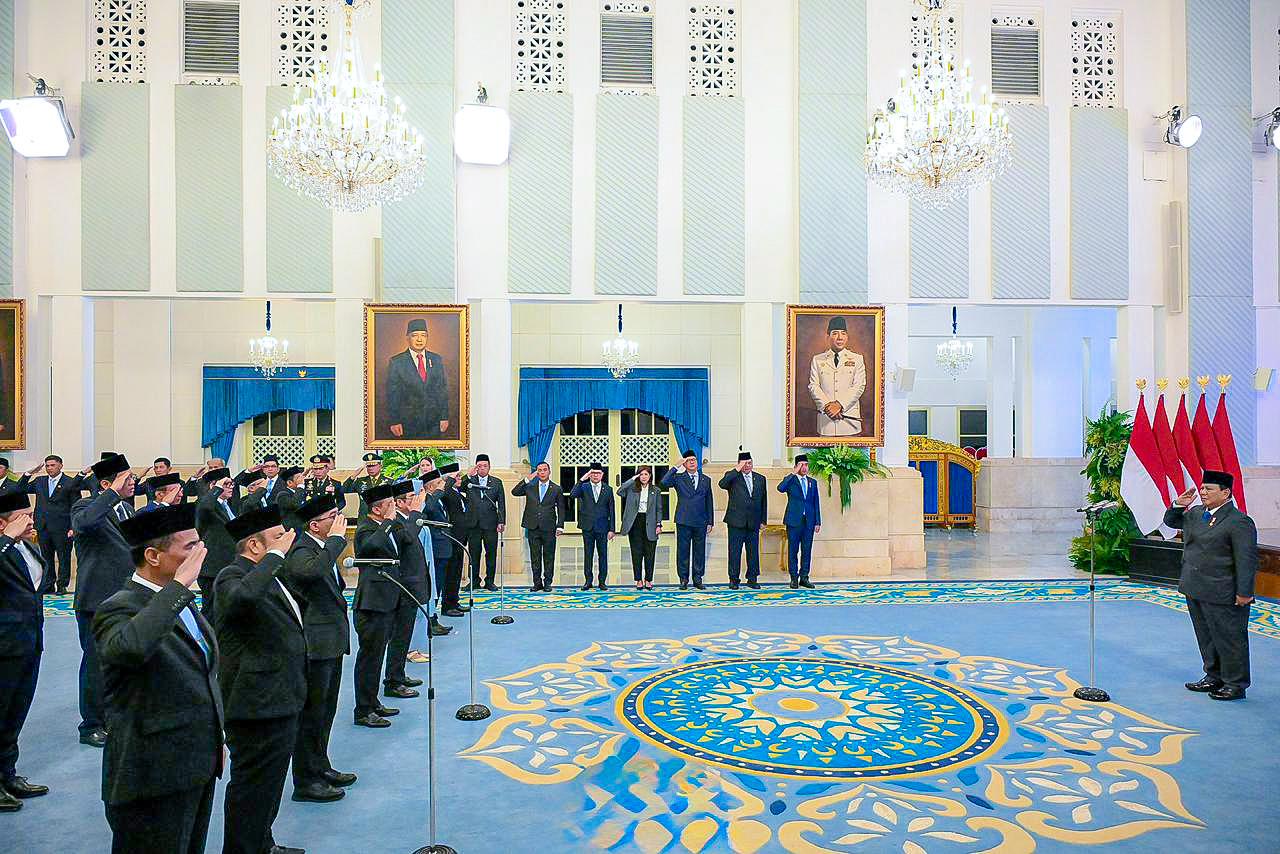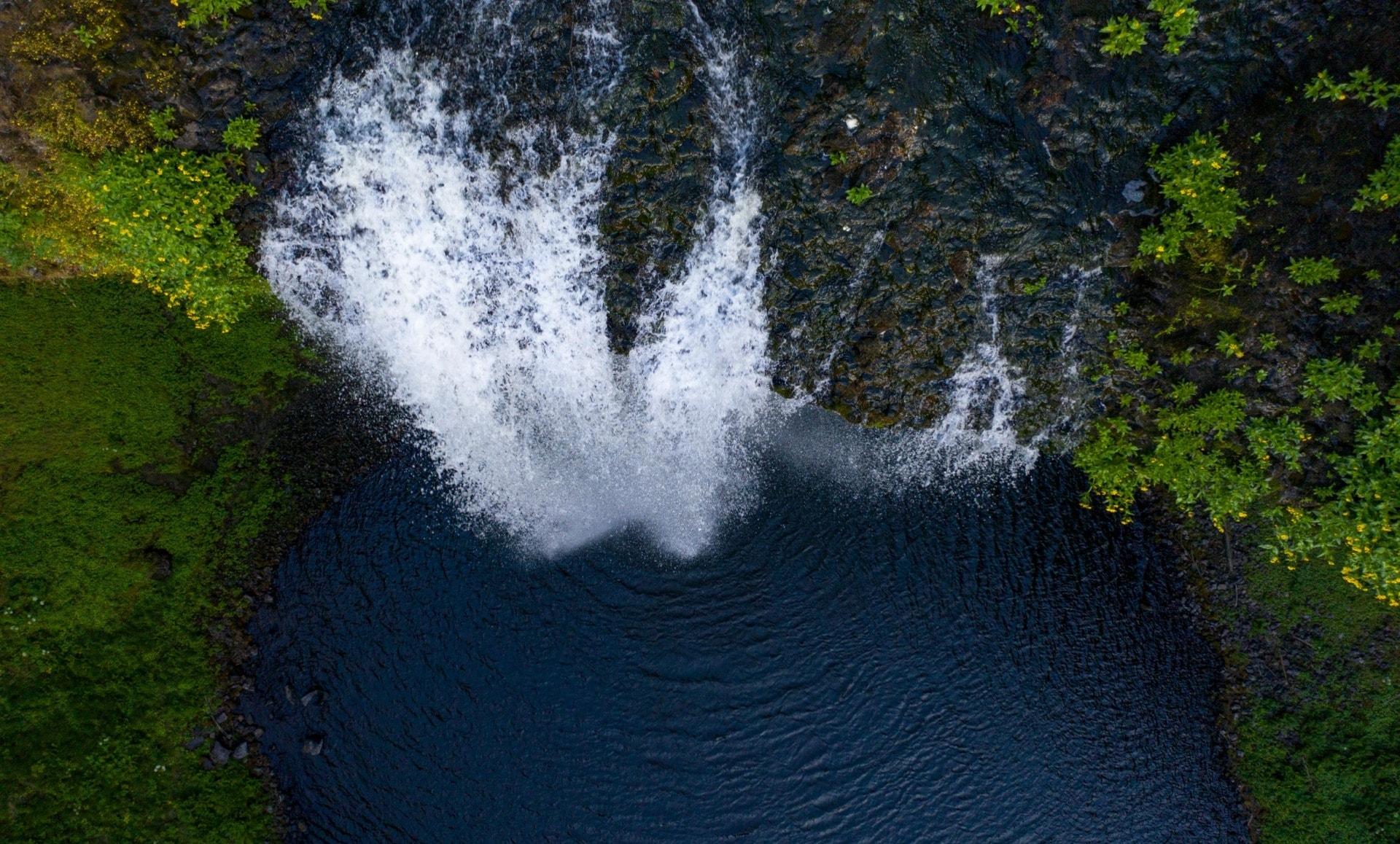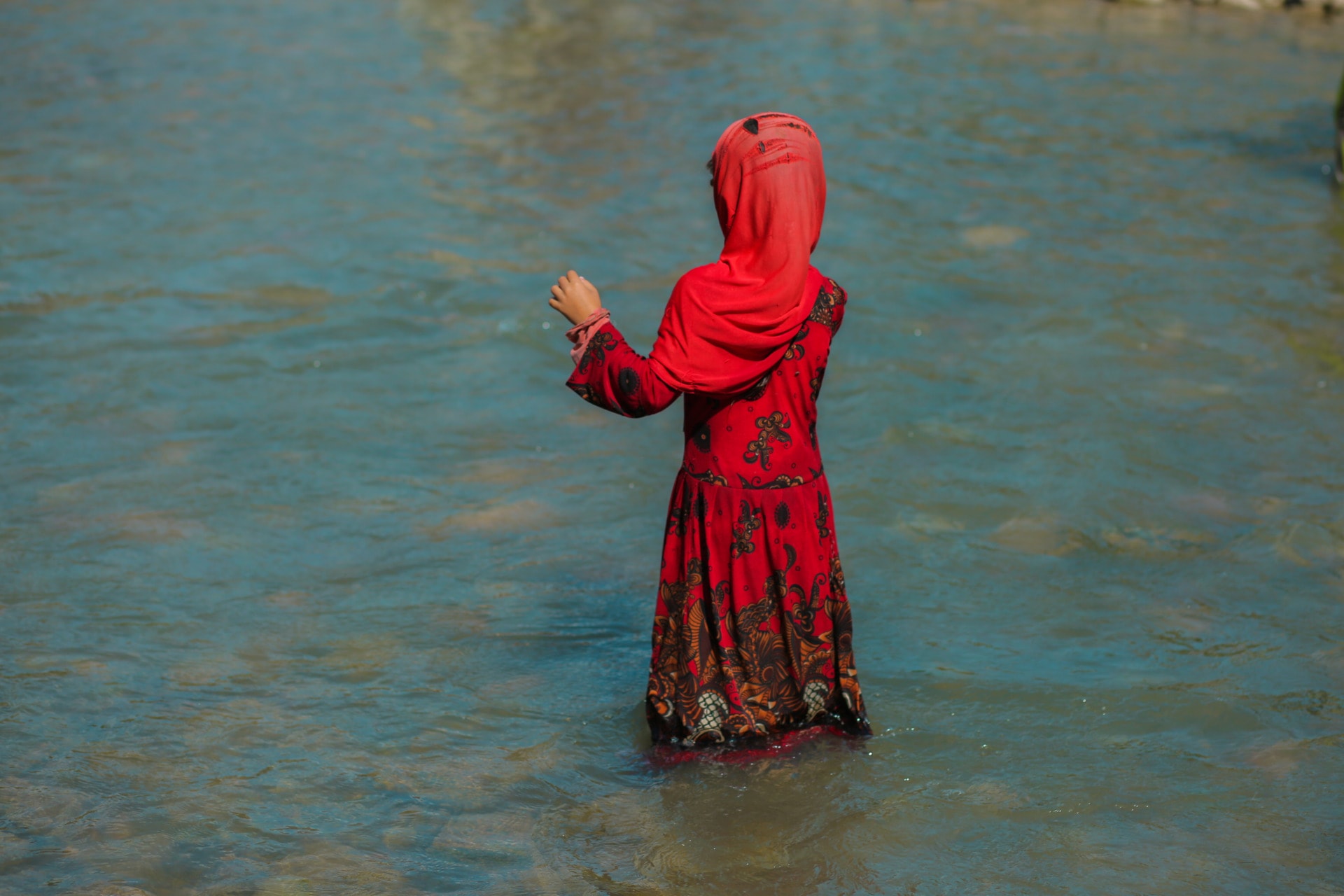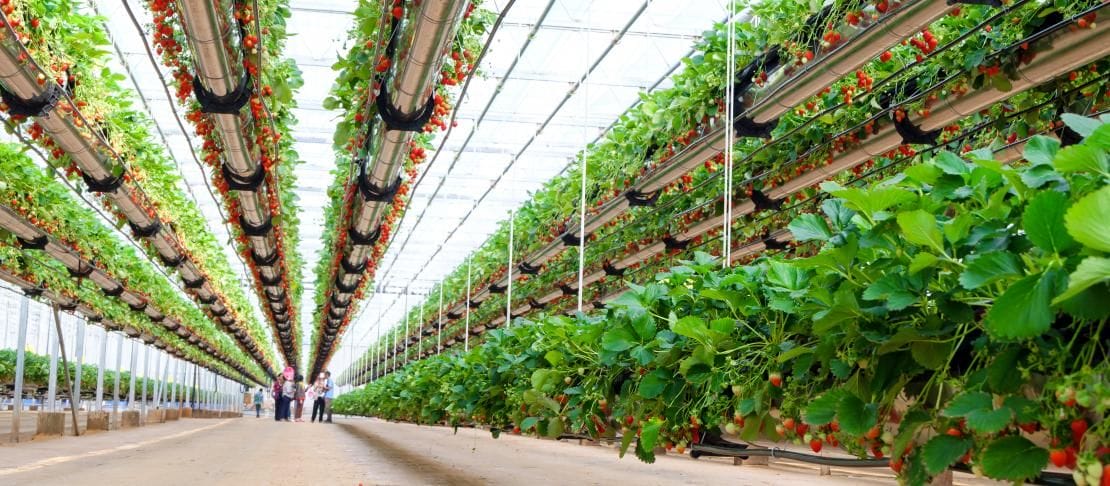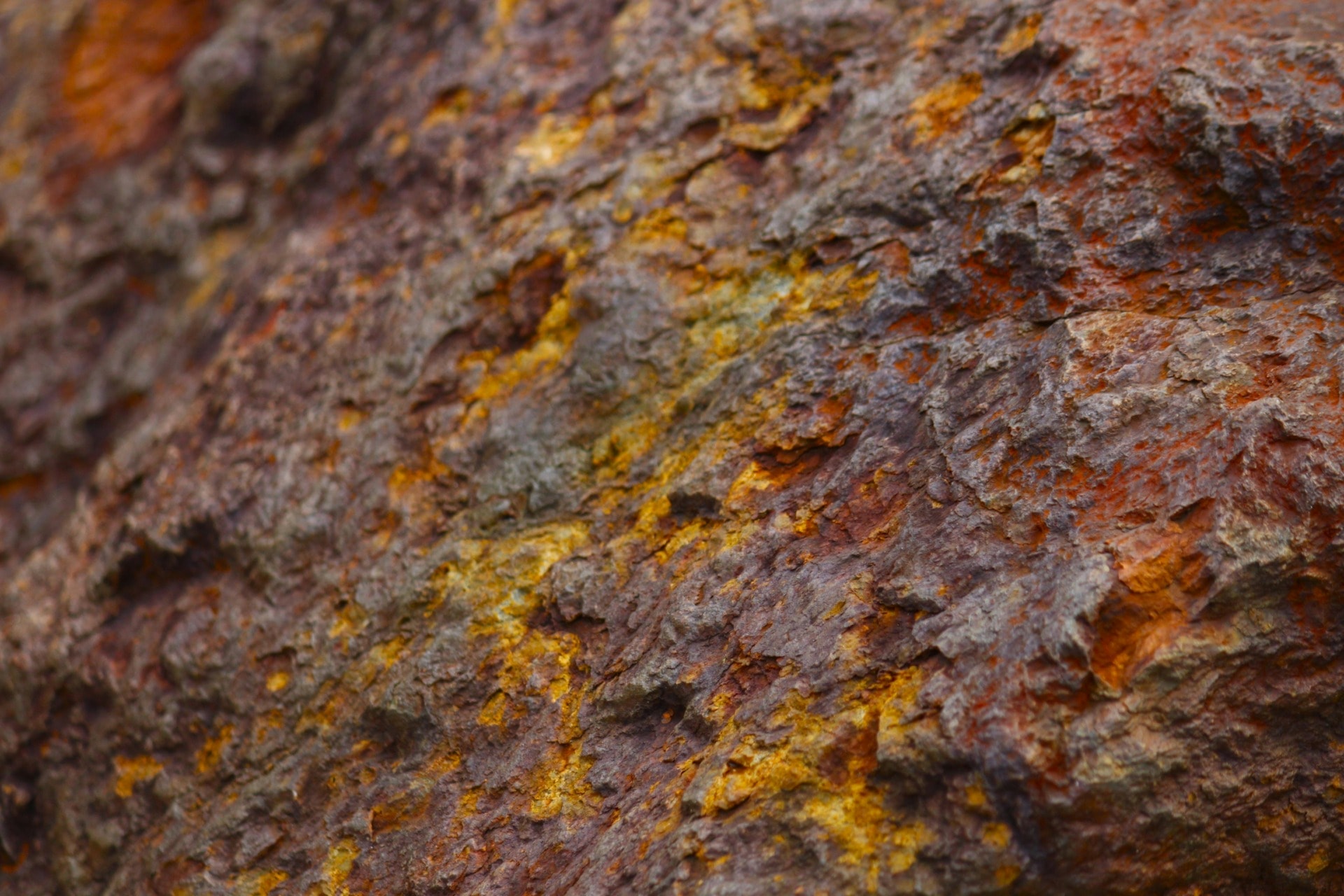A Firsthand Perspective
The month of March holds important dates to me. Just weeks ago, we celebrated International Women’s Day. My role at Water.org is to create content that not only honors the women we serve, but advocates for how access to safe water is critical to empowering them. This week, we celebrate another important day – World Water Day. I love this day, because as part of my job, I’m working to make every day, water day for people in need.
Through my work as a content creator and writer for Water.org, I have the honor of spending time with the people we serve in Africa, Asia, and Latin America. I know, no matter the region, Water.org’s financial approach to empower families living in poverty with affordable access to safe water is critical to bringing an end to the global water crisis.
Related Articles: Access to Safe Water Protects and Saves Lives | How COVID-19 Threatens People Living in Poverty in India
When empowered with affordable access to safe water at home, days once spent walking to find and collect water are now days spent learning at school or selling produce at the local market. Days of unrest and illness after consuming dirty water are now days full of hope and health. And days of worrying about where the next liter of water will come from are no more.
For the more than 33 million people we’ve reached through our work, the end of their water crisis started the day they were empowered to participate in the financial system. What’s the connection? Water.org created something we call WaterCredit to make small loans possible for those who need access to affordable financing to make household water and toilet solutions a reality.
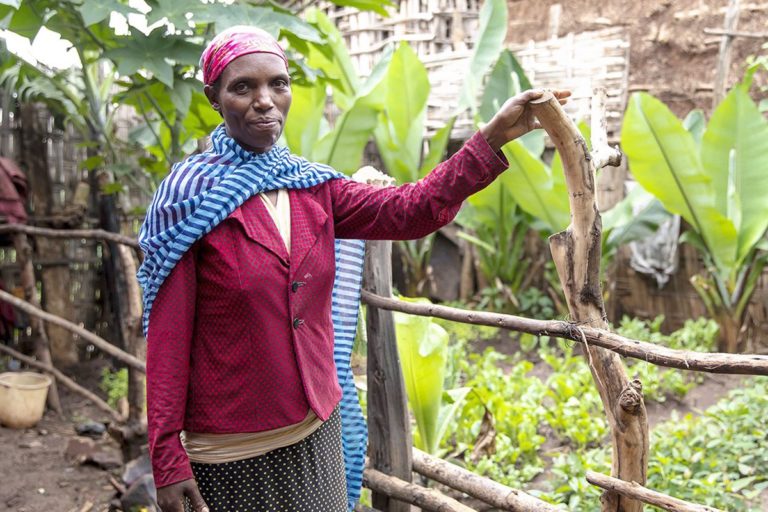
While documenting our work in Ethiopia, I met Zenebech. She shared with me that before she took a small loan for her household water connection, she and her children used to walk to a distant stream to collect water. It took hours, away from the safety of her home, and the water jugs were heavy. Zenebech did not want her kids to be responsible for such a task, but her family had no choice. The water they collected often made them ill. Zenebech and her husband wanted to end the pain and sickness.
Similarly, in Kenya, Sarah described her family’s water crisis to me as exhausting and tiring.
Before we had the rain catchment, we were drawing water from beyond the river. It took nearly the whole morning. It was so tiring.
— Sarah, Kenya
When visiting Sarah after she returned from a day of teaching at the local elementary school, she explained to me what life was like before getting access to safe water at home. Watch to hear Sarah’s story.
The pain, sickness, and exhaustion Zenebech and Sarah’s families once knew is shared by 785 million people in the world today. It’s waking before dawn and leaving the safety of home to collect water in jugs that become heavy and difficult to carry. It’s repeating this time-consuming task multiple times a day. It’s serving your children water that could make them sick. It’s not having enough water to wash hands and prevent the spread of disease. It’s wishing this weren’t your every day. It’s why I do what I do. Through our local partners, our solutions break down the financial barriers that stand between people in need and access to safe water and sanitation.
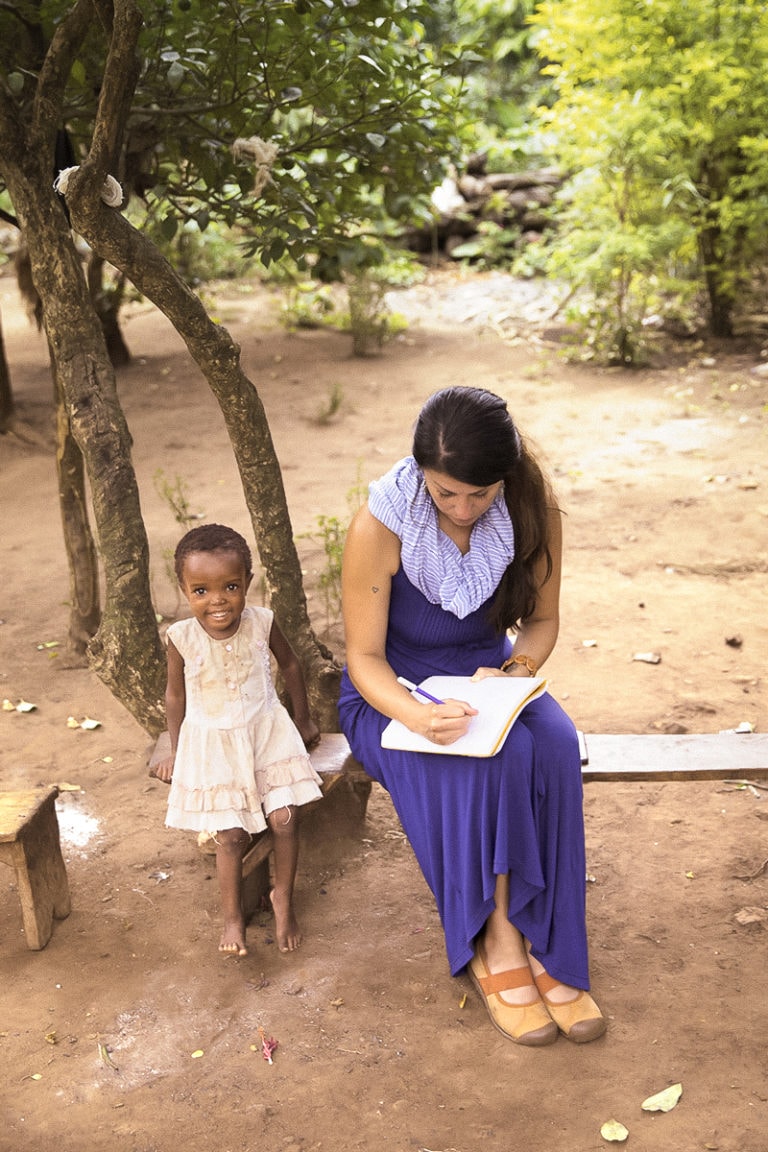
A global celebration of water happens once a year on World Water Day, but the global need for safe water to wash hands, drink, and keep families healthy exists every day. You can make every day, water day for more families like Zenebech’s and Sarah’s by donating $25 to Water.org to change the future of a family, giving them safe water and the health, hope, and opportunity that flow from it.
Editor’s Note: The opinions expressed here by Impakter.com columnists are their own, not those of Impakter.com. — In the Featured Photo: I met Joslin while documenting Water.org’s work in Uganda. She spends her days at school now, rather than collecting water. She hopes to become a nurse. — Featured Photo Credit: Water.org


